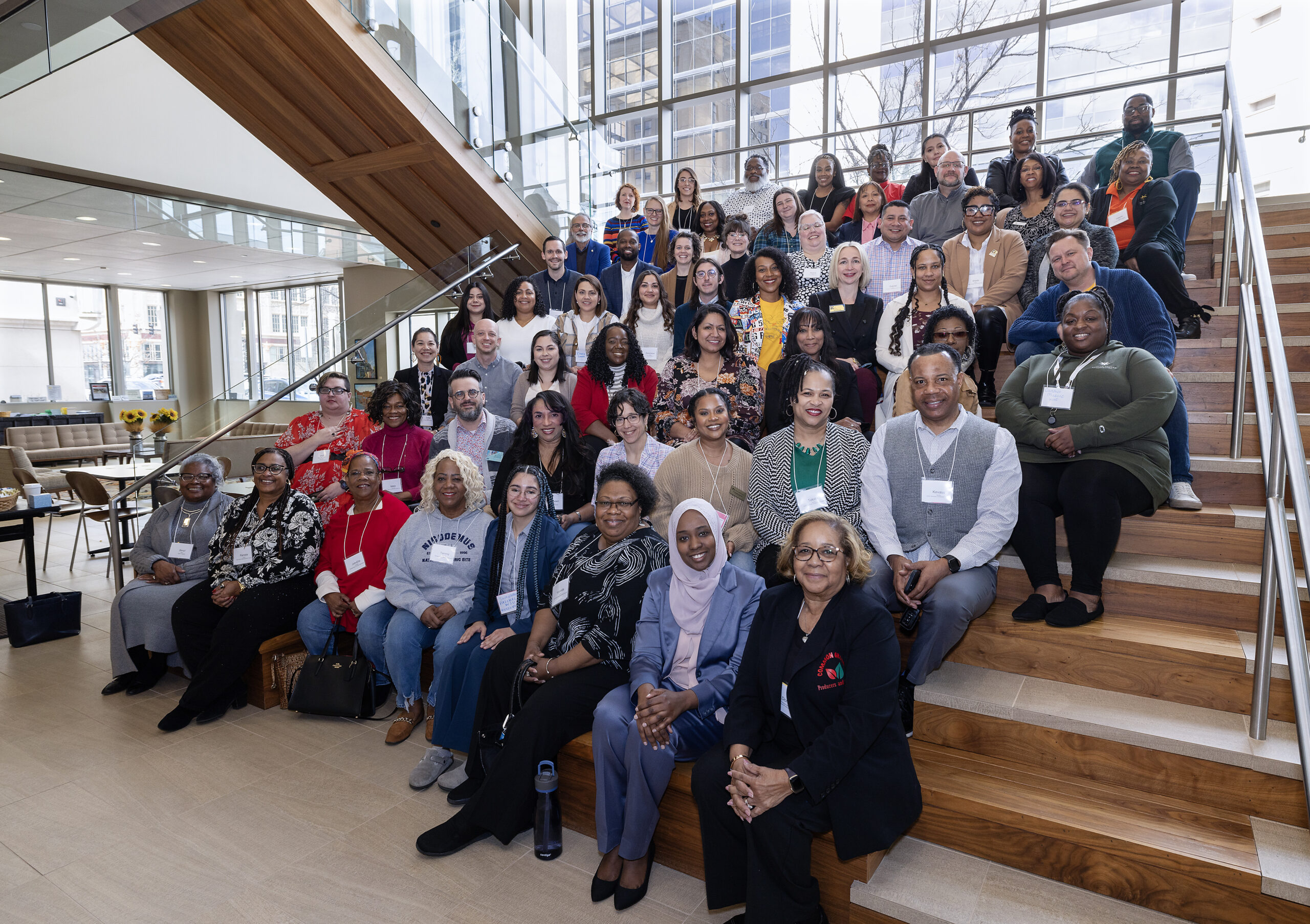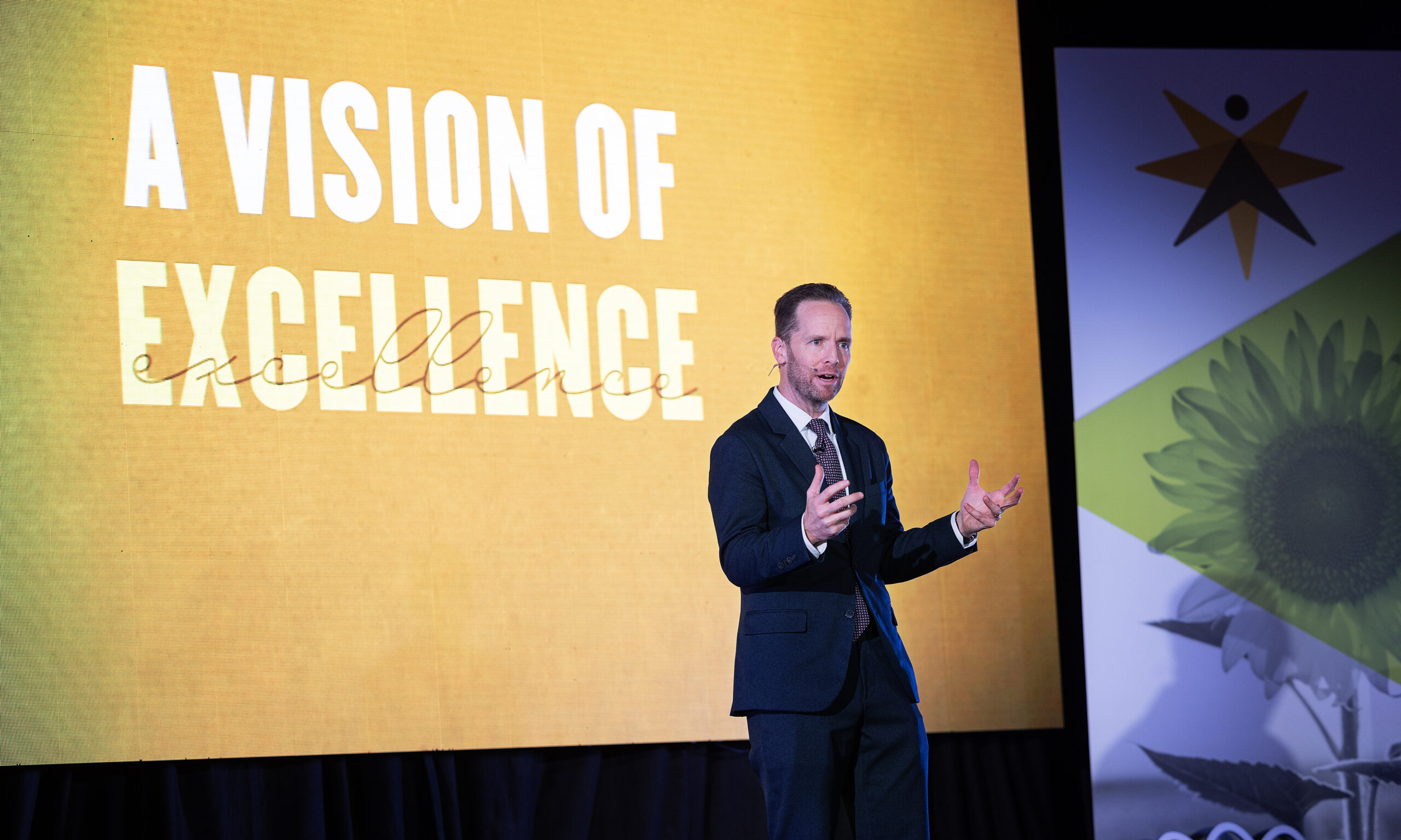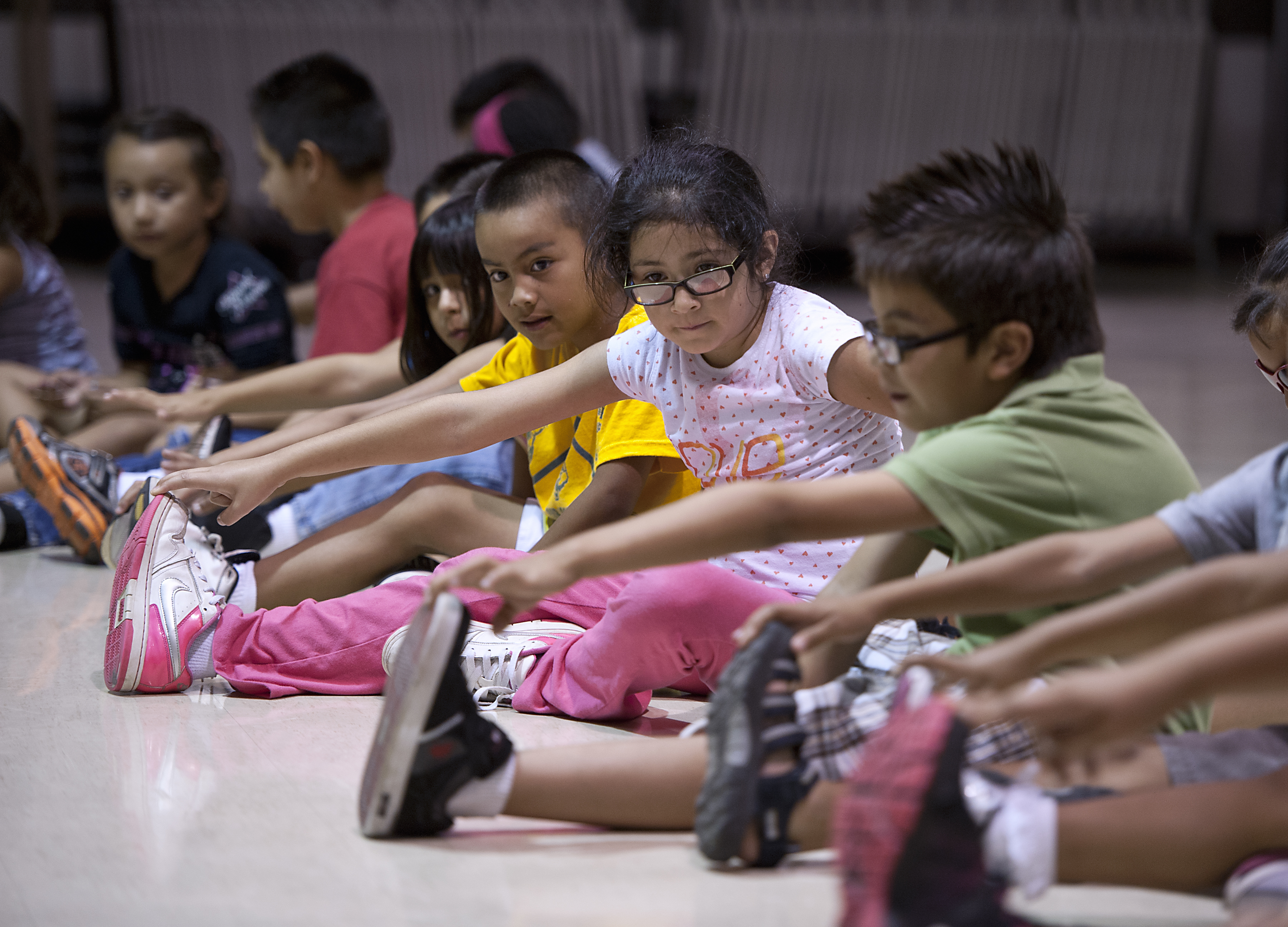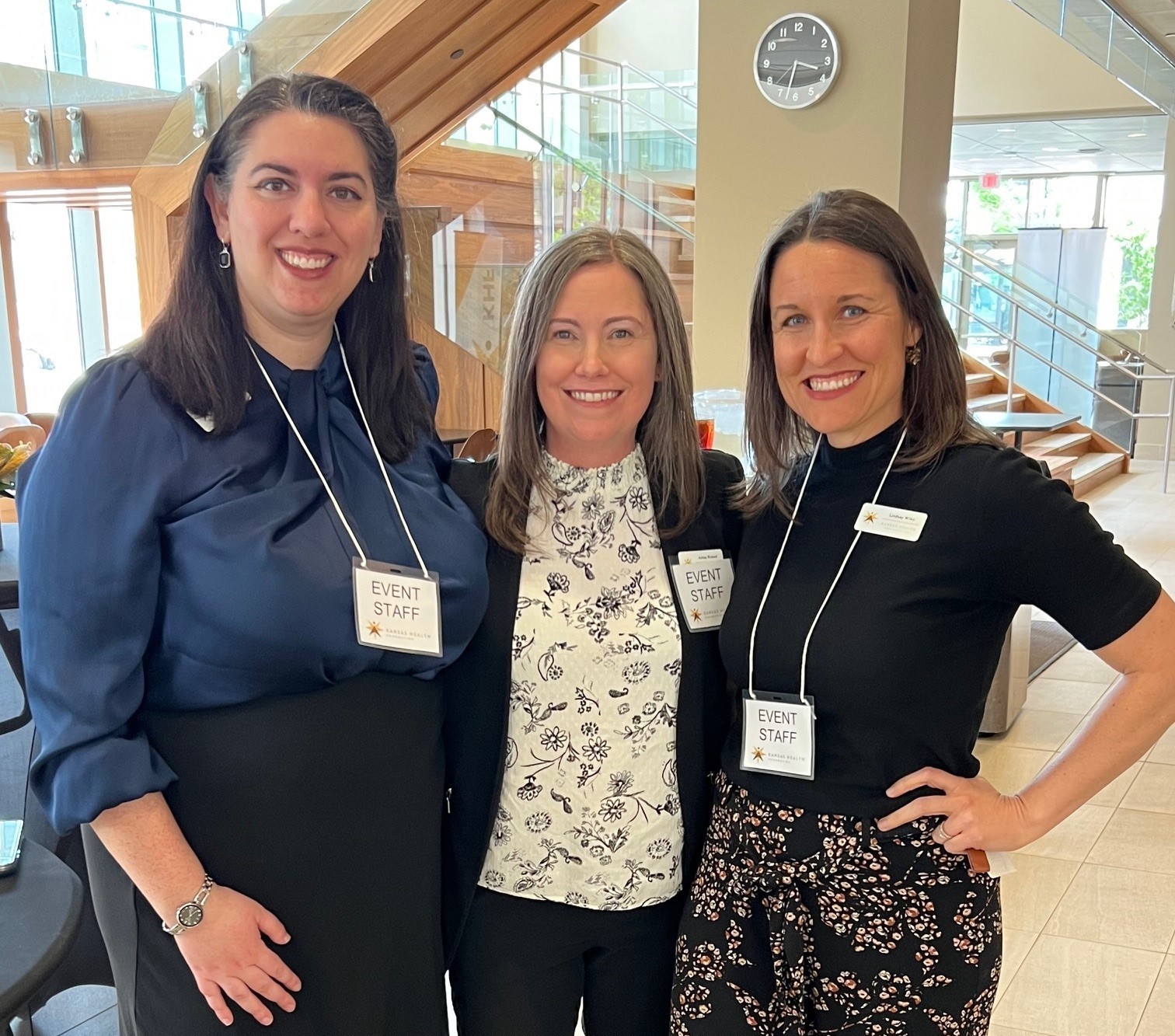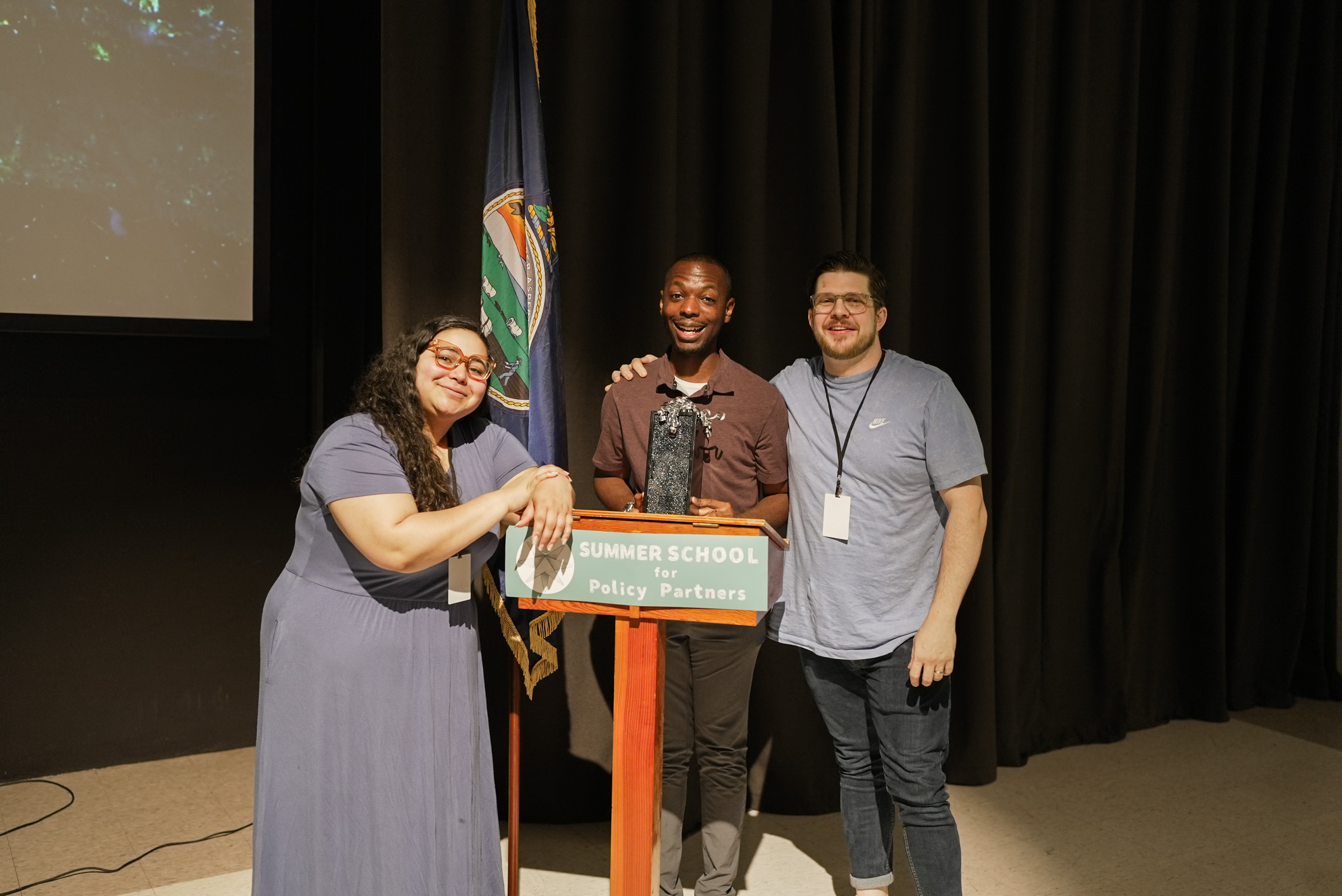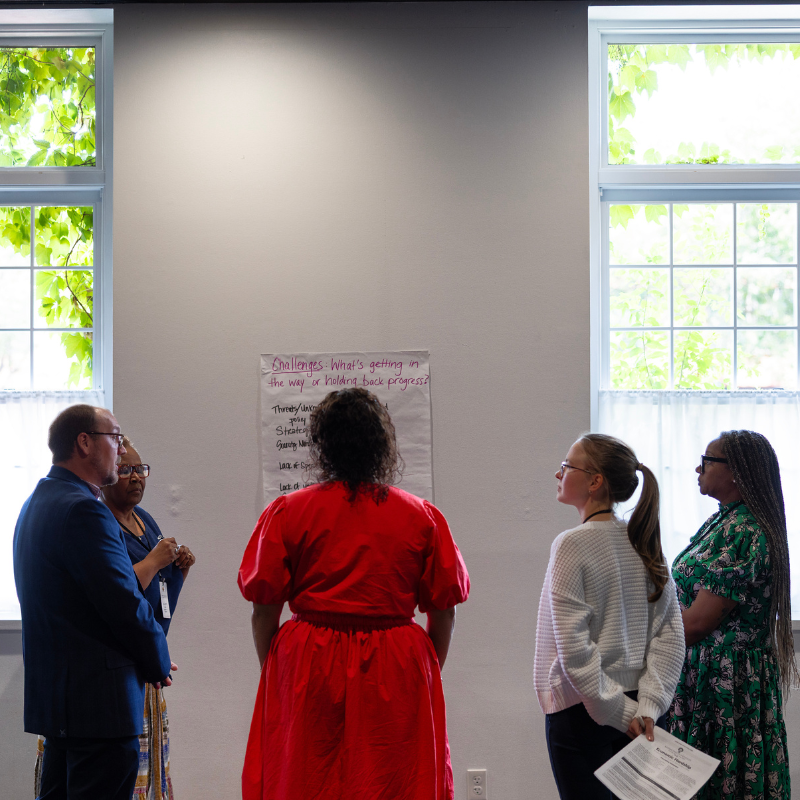Imagine you’re hit with an unexpected expense—maybe a car repair or a medical bill—that wipes out your bank account before payday. Paying rent suddenly feels impossible. Thankfully, you know of a program that can step in and help cover the cost in your time of need.
Now, think about a neighbor who’s going through something similar. When you’re already worried about keeping a roof over your own head, it’s natural to focus first on making sure you’re okay. Only once you feel some stability might you have the bandwidth to point your neighbor toward that same resource.
That’s survival mode at work. And just like individuals, nonprofits can also slip into survival mode when resources are tight. The risk is that they become siloed, focused only on their own sustainability.
That’s why it’s so important for organizations to look beyond their immediate needs and find ways to support each other.
Sharing Knowledge and Resources
As nonprofit organizations, we all fulfill different purposes in doing the important work in service to our communities. We all have unique strengths, helpful connections and different capabilities that play on (not against) each other.
One of the best ways to support a nonprofit is to share your strengths, help make those connections and collaborate to amplify each other’s capabilities.
What does that look like in practice?
Consider your organization works in early childhood literacy. Your mission is to get as many books into kids’ hands as possible. You’ve got the books, but you don’t have the access. You run into roadblocks every time you try to work with a new school district, because: 1) they don’t know who you are, and 2) they don’t have the capacity to facilitate your mission.
How do you get through the door?
Instead of abandoning the school system and moving on to the next with fingers crossed for better outcomes, why not reach out to local nonprofits with a shared mission who are already connected to the school system? Or who might know someone who is? Could they introduce you to the right person who helps you fulfill your mission?
Nonprofits also don’t have to wait for their peers to raise their hands to offer help.
Donnetta Watson, Founder and CEO of the Black Mastermind Group, one of KHF’s Building Power & Equity Partnership (BPEP) partners, recently attended our 2025 Partner Summit and shared:
“ I can’t do all of this by myself and, knowing that, I lean on what I can gather from the other organizations. Even today, one of the organization leaders came to me and said, ‘Have you ever heard about this organization? You need to get signed up with them.’ I didn’t know that organization existed, and they can support what we do. That was really invaluable to us. And just having that relationship and her knowing what we do, she was able to share something that would be beneficial to us.”
When we come together, we create greater impact. Why do it alone?
Even When Resources are Limited
Nonprofits need to lean on each other and their communities to build sustainably, but especially so when times are tough.
With resources feeling like they’re being pulled out from under us and funding sources fewer and farther between, it’s up to all of us to build a new playing field that’s level for everyone.
We can only do that together.
- Are you a food bank with space for the local clothing closet to operate and store donations?
- Can you write collaborative grant proposals with other related nonprofits in your community?
- Do you have influence in your community that you can activate to support fellow nonprofits?
Small acts of collaboration like these build credibility and sustainability. Each time we extend an invitation to help or raise our hands to accept it, we strengthen our communities. When one of us thrives, we all move forward.
From your space to your skill to your voice, what can you share to help make an even greater impact?



